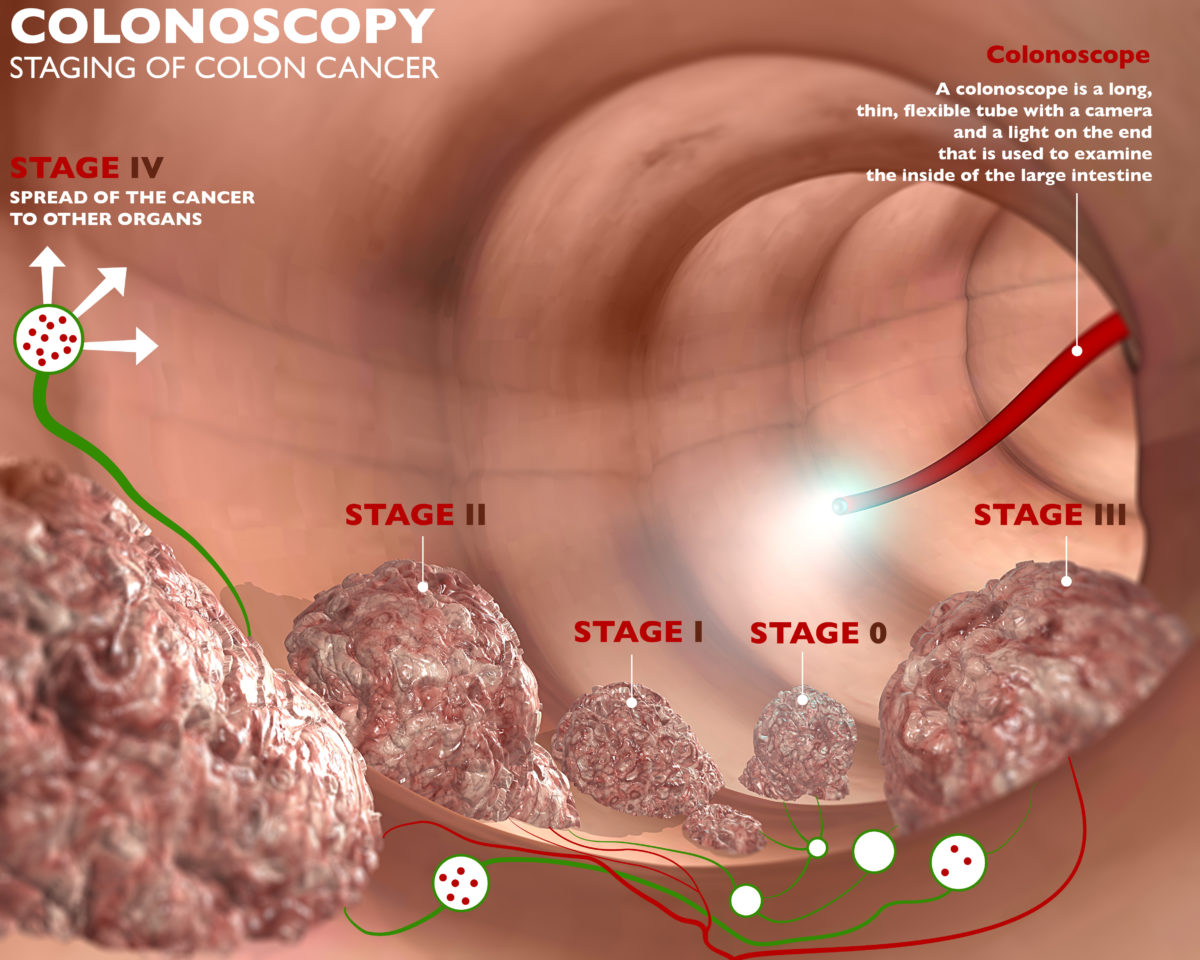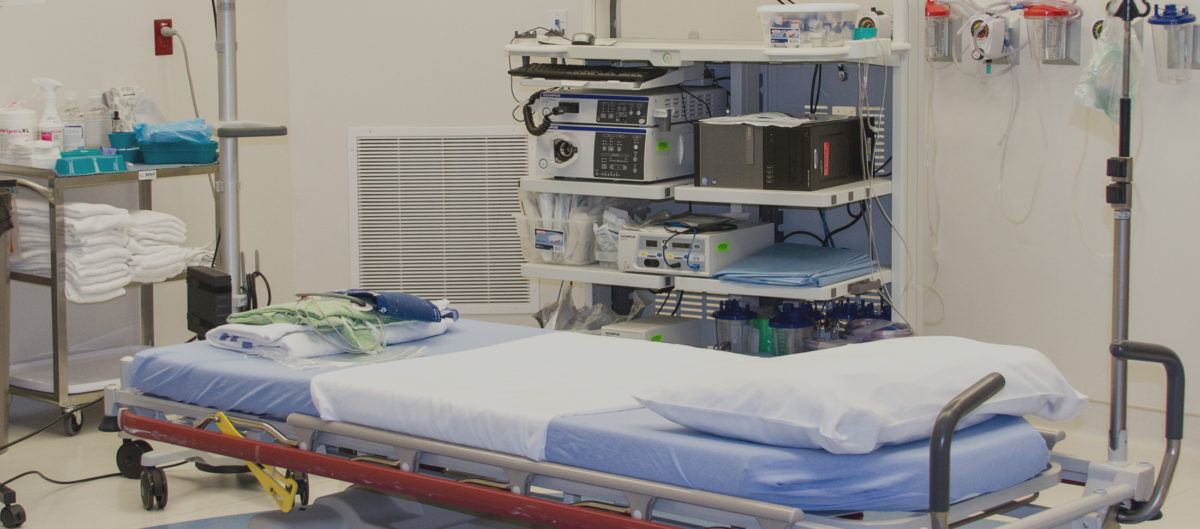If you are preparing for your first colonoscopy in Jacksonville, FL, you might have a few questions. You may be wondering what polyps are, if they are dangerous, and what the treatment options are when polyps are discovered.
What Are Polyps?
Polyps are growths of varying sizes that occur in the digestion tract. Most polyps are usually located in the colon. Polyps can be benign, pre-cancerous, or cancerous.
The most common type of polyp is called the adenomatous polyp, of which 70% of polyps found in the colon are of this type. This type of polyp is benign but can still develop into cancer. This transition to cancerous cells is a long and slow process and they are commonly caught and removed before they become cancerous if the patient follows recommended exams.
Villous adenoma polyps have the highest risk of turning into cancer. This type of polyp occurs much less regularly than the adenomatous polyp but they remain a real threat.
Because polyps are asymptomatic, it is important, particularly as you get older, that you schedule a regular colonoscopy. Jacksonville, FL offers many locations to do so and can typically detect polyps quite easily.
How Dangerous Are Polyps?
Polyps can be dangerous, but in most cases they are nothing to worry about as long as they are removed. Polyps are relatively common in people over 60, with about 50% of the population having one or more polyp.
If your doctor detects polyps during your colonoscopy, he will either remove them right away or schedule you to come in at a later date to have them removed. Removing precancerous or benign polyps ensures that these polyps cannot develop into colon cancer. If your doctor detects a large number of polyps, he might have you come in more often for colonoscopies in order to ensure that he can catch any polyp growth before it develops into cancer.
When the doctor finds polyps during your colonoscopy, it can be scary. However, as you have learned, you usually have nothing to worry about as long as they are caught early enough. Make sure you get a colonoscopy in Jacksonville, FL regularly so you can catch polyps before they develop into cancer.
Act Now
If you haven’t had a colonoscopy yet and you are over 40, give us a call at Digestive Disease Consultants or browse our website for more information. We can help you schedule a colonoscopy in Jacksonville, FL, as well as answer questions or address any concerns that you might have. A colonoscopy is nothing to be scared of, and it could in fact save your life!


